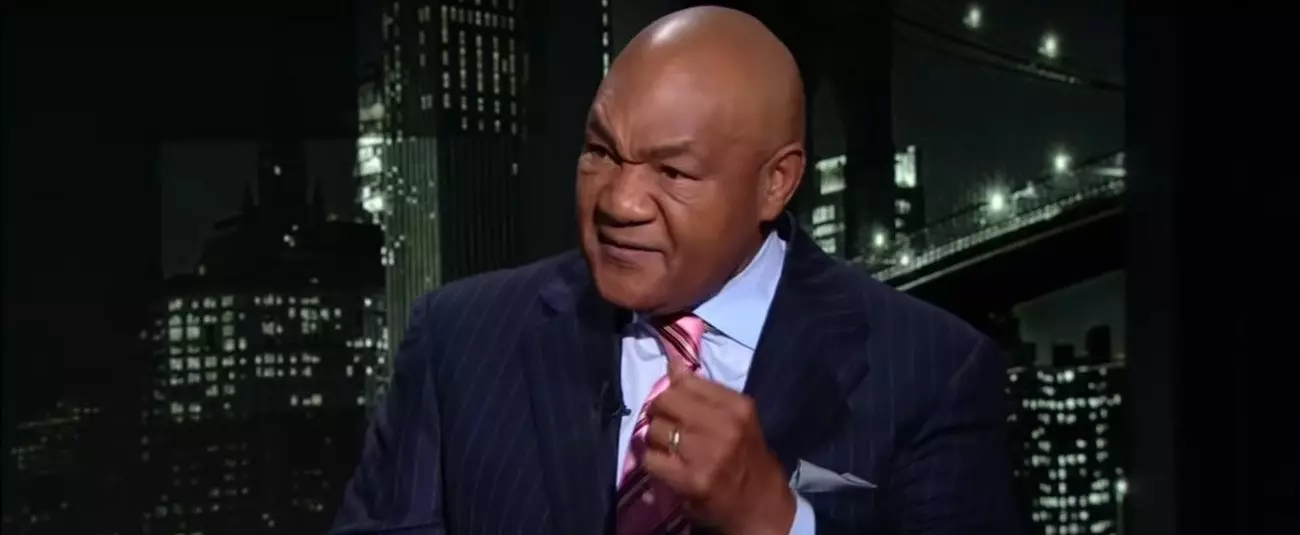In the world of professional boxing, comebacks can often be fraught with unpredictability and drama, but few are as notable as George Foreman’s return to the ring in the late 1980s. After a hiatus from the sport, the formidable heavyweight champion shocked fans by stepping back into the squared circle at the age of 38. One of his early opponents in this revival was Bobby Crabtree, a fighter whose tenacity and grit earned him the nickname “The Fighting Hillbilly.” Their bout in September 1987 was not just a fight for Foreman; it was a testament to the unpredictability of boxing, revealing how fighters encounter and confront adversity both inside and outside the ring.
Bobby Crabtree faced Foreman during a pivotal moment in the latter’s career. For Crabtree, the match was not only a chance to face a boxing icon, but an opportunity to showcase his own skills. Foreman, on the other hand, was testing the waters of a comeback, presenting Crabtree with the unique chance to measure himself against a heavyweight legend. What transpired was an electrifying matchup where Crabtree’s brave spirit shone through, leaving a lasting impression on both the audience and Foreman himself.
Crabtree’s Revelations: A Fight to Remember
During a recent interview, Crabtree reflected on that iconic fight, bringing to light the bond of mutual respect that developed between him and Foreman. Despite his loss in the sixth round, Crabtree emphasized the camaraderie that existed between the two fighters, stating that even in the ring, Foreman was like a buddy—albeit one who momentarily forgot their friendship during the contest.
Bobby reminisced about the moments where he shook Foreman with powerful shots, recounting how certain punches made the revered champion reconsider the decision to return to boxing. His laughter as he spoke of being “pissed off” by Foreman’s resilience underscored both the humility and humor required to navigate the world of competitive sports. Insights like these are what enrich the narratives of those who dare to step into the ring, giving fans a look beyond mere statistics and into the souls of the fighters.
The Weight of Experience and Legacy
In the context of their fight, it was fascinating to learn Crabtree weighed in at 201 pounds—a weight that was considered light even for heavyweights of that era. Reflecting on the evolution of weight classes in boxing, he pondered what category he might fall under if competing today, revealing his extension of respect not just for Foreman, but for the transformative nature of the sport itself.
As Crabtree assessed Foreman’s standing among heavyweight greats, he spoke candidly, placing Foreman at the pinnacle due to his remarkable achievement of reclaiming the heavyweight title at the age of 45. This insight speaks volumes about Crabtree’s acknowledgment of legacy in boxing—not merely about the titles one holds but about the profound impact and respect a fighter garners through sheer determination and prowess.
Fighting the Good Fight: The Path of a Warrior
Reflecting on his extensive career, which spans 92 professional fights, Crabtree shared anecdotes from his most memorable matches, including an impressive victory against the unbeaten King Ipitan. His words highlighted the thrill of competition and the competitive spirit that fuels boxers—even in the face of pain and adversity.
The passion he described revealed not just Crabtree’s journey but also an intrinsic aspect of boxing culture, where victories and defeats intertwine with personal growth and resilience. It became clear that the fighter’s journey extends beyond mere wins and losses, embodying a lifetime of experiences shaped by the myriad challenges faced both in and out of the ring.
A Resilient Spirit Amidst Grief
However, it’s the reflection on the recent passing of George Foreman that frames Crabtree’s current state. While tracing the path of grief, he emphasized the importance of connection, a thread that binds fighters even after competition ceases. His desire to attend Foreman’s funeral encapsulates more than respect; it represents a brotherhood forged through shared battles and mutual understanding.
As he continues to train, confronting physical challenges from former fights—like persistent neck issues—Crabtree remains connected to the sport that shaped him. His unwavering spirit resonates with aspiring fighters everywhere, reminding them that persistence, camaraderie, and respect are fundamental elements of the sport.
Ultimately, Bobby Crabtree’s journey illustrates the rich tapestry of boxing, where every fighter carries their own story, interwoven with the legacies of others like George Foreman. It’s a reminder that the ring is not merely a place for competition, but a sacred ground where warriors forge their paths and lives intersect in unexpected yet profoundly impactful ways.

